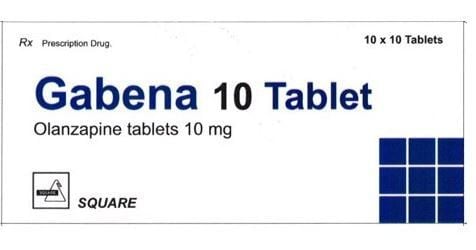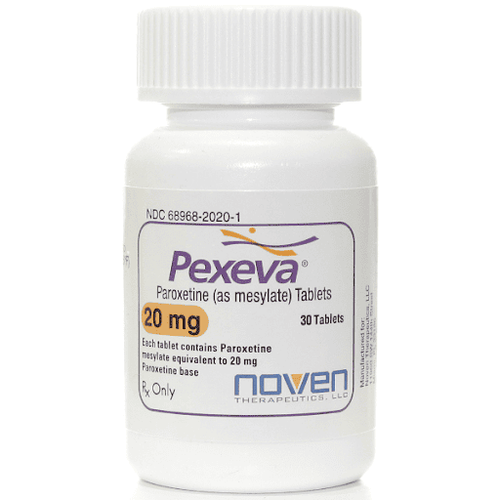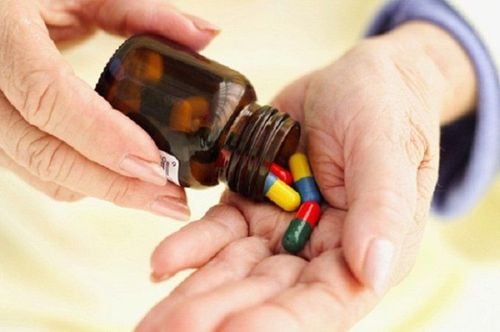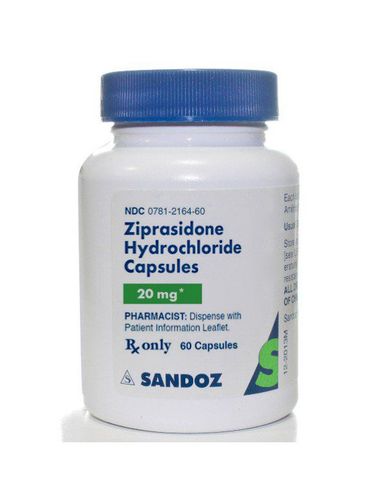This is an automatically translated article.
Somatic disorder is a disorder of mental thinking and behavior. Therefore, whether the treatment is cured or not depends on the psychology of the patient. People with stable psychology will know how not to let the disease recur and vice versa.
1. Features of BDD
Body dysmorphic disorder (BDD) is a disorder characterized by persistent preoccupations with some bogus or minor defect related to a person's physical appearance.
People with BDD often feel excessively about defects in their body such as hair, skin, nose, chest, abdomen. Appearance is very important for people with BDD, and appearance problems often cause emotional distress and some difficulty with daily activities. BDD occurs most often in adolescents - young adults, the degree of influence in men and women is the same.
The cause of BDD is not clear, but a number of biological and environmental factors may contribute to the development of the disease, including genetic predisposition, neurobiological factors such as hormone disorders brain serotonin, personality traits, and life experiences (eg, child abuse, sexual trauma, abuse).
2. Diagnosis
After excluding other medical conditions, your doctor will refer you to a psychiatrist for further evaluation.
Diagnosis of body dysmorphic disorder is usually based on:
A psychological test that assesses risk factors, thoughts, feelings, and behaviors associated with a negative image of your appearance Your medical history, The symptoms are listed in the DSM-5 Diagnostic and Statistical Manual of Mental Disorders, published by the American Psychiatric Association.
3. Treatment
Treatment of somatic disorder often includes a combination of cognitive behavioral therapy and medication. Treatments will help relieve symptoms quickly. Whether or not the treatment cures body dysmorphic disorder depends on your mental stability and determination in the treatment process. You must make sure that you have completely changed to a new, more positive way of thinking about the new physical features that reduce the risk of the disease coming back.
3.1 Cognitive behavioral therapy
Cognitive behavioral therapy for somatic disorder focuses on:
Helping you learn about your own negative thoughts, emotional reactions, and behaviors.
Learn to think more positively by transforming negative thoughts into more flexible thoughts Learn to use other methods to cope with your anxiety-reducing tendencies such as frequently looking in the mirror, talk to others for peace of mind Teaches you to improve your mental health in other ways, such as avoiding public contact. You and your treating doctor can agree on treatment goals and develop an individualized treatment plan to learn and strengthen coping skills. Family members' involvement in treatment is important, especially for adolescents.
3.2 Drugs
There are currently no drugs approved by the US Food and Drug Administration (FDA) to treat somatic disorders. Instead, treat somatic disorder by applying medications to treat other health conditions such as depression and obsessive-compulsive disorder.
Selective Serotonin Reuptake Inhibitors (SSRIs): Somatic disorder partly related to brain serotonin. Therefore, an SSRI may be recommended. SSRIs are more effective for somatic disorders than other antidepressants and can help control your negative thoughts and repetitive behaviors. Other medicines: In some cases, drugs other than SSRIs are highly effective, depending on your symptoms.
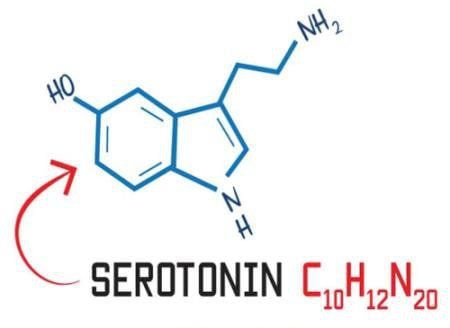
Các chất ức chế tái hấp thu serotonin có chọn lọc
3.3 Group and/or family therapy
Family support is crucial to the success of treatment. It is important for family members to understand and learn to recognize the signs and symptoms of somatic disorder.

Gia đình có vai trò hỗ trợ tâm lý cho người bệnh
3.4 Hospitalization
In some cases, somatic disorder symptoms can be so severe that you need to be admitted to a psychiatric hospital. This is usually only suggested when you are unable to keep up with daily therapies or when you are at risk of harming yourself.
Please dial HOTLINE for more information or register for an appointment HERE. Download MyVinmec app to make appointments faster and to manage your bookings easily.
Article references sources: mayoclinic.org, nhs.uk, adaa.org, webmd.com



